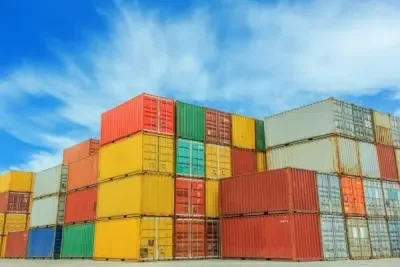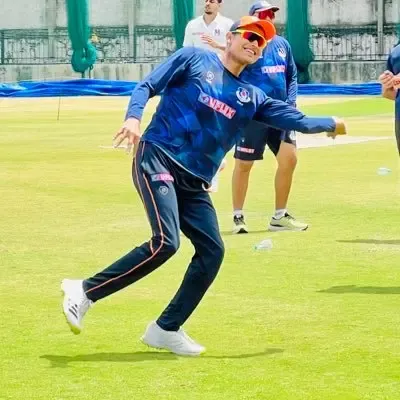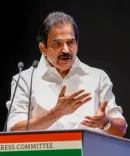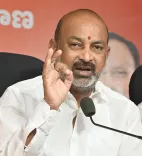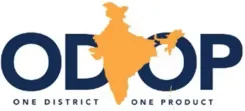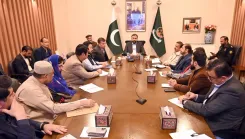Is M.K. Stalin Right to Question the Election Commission Over Voter Roll Issues?
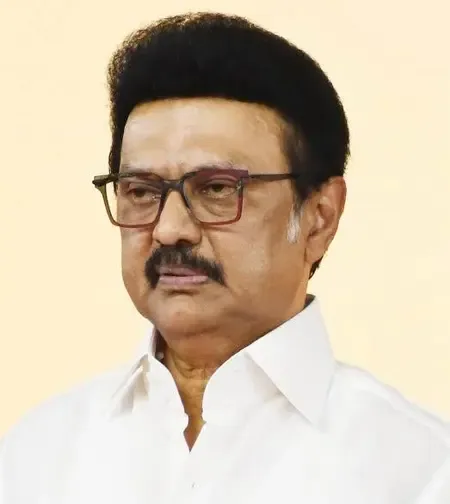
Synopsis
Key Takeaways
- Stalin's Criticism: M.K. Stalin intensifies his allegations against the ECI.
- Voter Deletions: Significant concerns raised over high rates of voter deletions.
- Inclusion of Youth: Questions about the enrollment of newly eligible voters.
- Procedural Flaws: Critique of the election commission's processes.
- Call for Transparency: Emphasis on the need for a more transparent electoral process.
Chennai, Aug 18 (NationPress) Tamil Nadu's Chief Minister and DMK President M.K. Stalin has ramped up his criticism of the Election Commission of India (ECI), accusing it of significant irregularities in the electoral rolls' preparation and expressing skepticism about Chief Election Commissioner (CEC) Gyanesh Kumar's recent media interaction. Stalin remarked that the CEC's statements only generated more questions than answers regarding the concerns raised by the opposition INDIA bloc about potential vote manipulation.
In a comprehensive post on his X account, he directed seven critical inquiries to the election body, especially spotlighting the alarming rate of voter deletions despite a thorough house-to-house enumeration process. “How can there be so many deletions of eligible voters when house-to-house enumeration was undertaken?” he questioned.
The Chief Minister voiced his unease over the inadequate registration of new voters, probing whether young individuals who just reached the age of 18 were being accurately recorded in the electoral lists. “Has any database been compiled to show how many youngsters who turned 18 on the qualifying date were included?” he queried.
Stalin also criticized the procedural flaws under the Registration of Electors Rules, 1960, cautioning that the inquiry process and the two appeals, with strict deadlines, could potentially exclude a considerable number of voters in the upcoming Bihar elections. He urged the Commission to clarify if such barriers would be addressed during the Special Intensive Revision (SIR) in other states.
The DMK leader reminded the ECI of a letter sent on July 17, requesting the removal of deceased voters from the rolls, following the procedure specified by the Commission in its May 1 communication. “When will this exercise be undertaken?” he asked.
Additionally, Stalin challenged the Commission’s decision not to accept Aadhaar as a valid proof for voter claims, arguing that if the ECI is genuinely committed to free and fair elections, it should embrace a more transparent and voter-friendly approach.
By joining the escalating opposition criticism of the Commission, Stalin indicated that the matter of voter roll manipulation could emerge as a major political issue ahead of forthcoming elections. His involvement also highlights the INDIA bloc’s strategy to prioritize electoral transparency in its campaign narrative.


